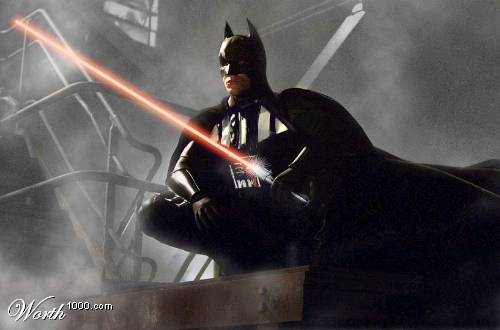1) The May issue (#842) of Batman Detective Comics mentions "osteopathy." Early in the
 issue, a villain named Gotham Jack notes that he has back pain from a "slipped disc." Toward the end of the story, when he is about to fight Batman, he says, "You'll be glad to know I've had some osteopathy since we met last time. My back's feeling a ton better...which means I'm so much more supple!"
issue, a villain named Gotham Jack notes that he has back pain from a "slipped disc." Toward the end of the story, when he is about to fight Batman, he says, "You'll be glad to know I've had some osteopathy since we met last time. My back's feeling a ton better...which means I'm so much more supple!"2) An associated professor [and all-around AWESOME guy who I had the privilege of meeting at Convo last year] at the West Virginia School of Osteopathic Medicine (WVSOM) in Lewisburg, Zachary Comeaux, DO, has written a historical romance novel based on the life of A.T. Still. Titled Fire on the Prairie: The Life and Times of Andrew Taylor Still, Founder of Osteopathic Medicine. The book was published in November 2007 by BookLocker.com, a print-on-demand publishing firm.
I'm off to San Diego for the weekend to hang out with a good friend (and new AZCOM admit!), but I'll post the rest ASAP.
[for more on light sabers, see OMM videos on youtube]